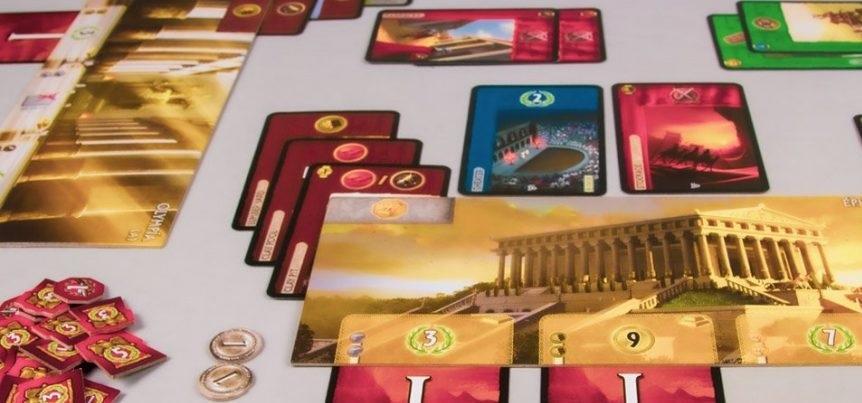Board Game Mechanics – Open Drafting
Open drafting is a game mechanic in which players take turns selecting and taking items, such as cards or tiles, from a shared pool of options. The remaining options are then visible to all players, allowing them to make informed decisions about their own selections. Open drafting can add elements of strategy and decision-making to a game, as players must weigh the benefits and drawbacks of each option and consider how their choices will impact their opponents’ options.
For example, in a card game with an open drafting mechanic, players might take turns choosing cards from a shared pool of options to add to their personal decks. The cards left in the pool will become increasingly limited as the game progresses, forcing players to make tough decisions about which cards to take and which to leave for their opponents.
Open drafting is often used in card games, but can also be found in tile placement games and other types of games where players must select items from a shared pool of options.
Here are 10 board games with open drafting mechanics:
- 7 Wonders
- Splendor
- Dominion
- Race for the Galaxy
- A Feast for Odin
- Arkwright
- Magic: The Gathering Arena of the Planeswalkers
- Onitama
- Boss Monster
- Roll for the Galaxy
These games vary in terms of theme and gameplay, but all feature open drafting mechanics that allow players to see the remaining options after each selection and make informed decisions about their own choices.
One example of a game that uses the open drafting mechanic is 7 Wonders. In this game, players take turns selecting and playing cards that represent different aspects of their civilizations, such as buildings, wonders, and scientific advancements. Players have the ability to see the cards that have been played by their opponents, allowing them to make informed decisions about which cards to play themselves.
Each card has a unique benefit and can impact the other players’ options, so players must think carefully about which cards they want to select. For example, if one player chooses to play a card that provides a resource bonus, other players may be incentivized to choose similar cards in order to keep up. The open drafting mechanics in 7 Wonders require players to consider the moves of their opponents and plan their own moves accordingly.

